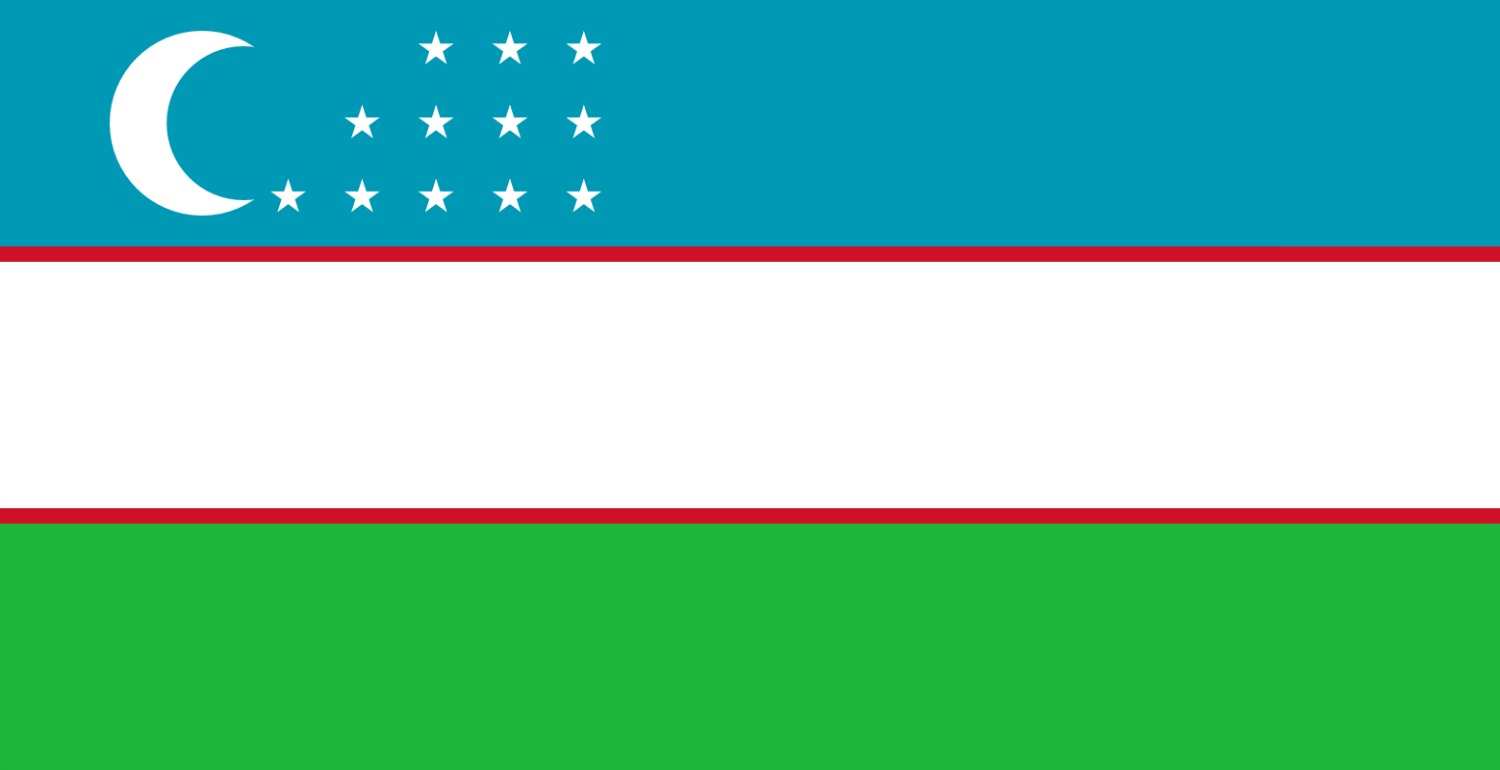Uzbekistan held a referendum on independence and its first direct, contested presidential election on December 29,1991. According to the republic’s Central Election Commission, over 98 percent of voters cast ballots for independence, and more – important – 86 percent voted for Islam Karimov as president. Karimov, former head of Uzbekistan’s Communist Party (now renamed Party deputy to the republic’s Supreme Soviet and chairman of the opposition party Erk).
Uzbekistan’s referendum on independence was a mere formality, given the dissolution of the URSS. Karimov’s victory in a direct, two-candidate election signaled significant progress compared to the republic’s previous practices and relative to other Central Asia republics, most of which did not hold contested presidential elections. But Karimov’s advantages over Salih in the campaign, the exclusion of Pulatov, and the prevalence of old voting habits, both among voters and polling station officials, indicate that much remains to be done before Uzbekistan attains Western and CSCE notions of political pluralism and electoral probity.
Two Helsinki Commission staffers observed Uzbekistan’s referendum and presidential election, at the invitation of the republic’s Supreme Soviet. They spent four days in Tashkent, the capital, and also traveled to Samarkand, to interview spokesmen of unofficial movements about the election and the general political situation in Uzbekistan.





